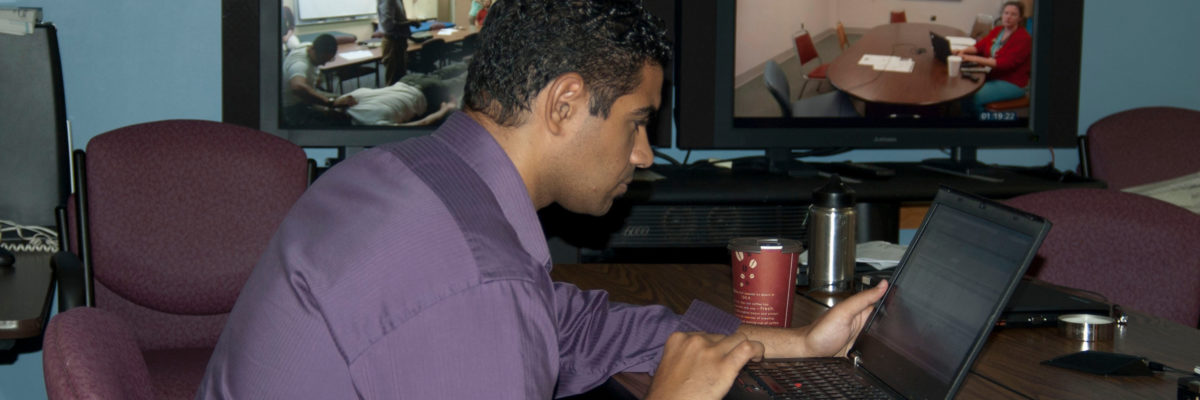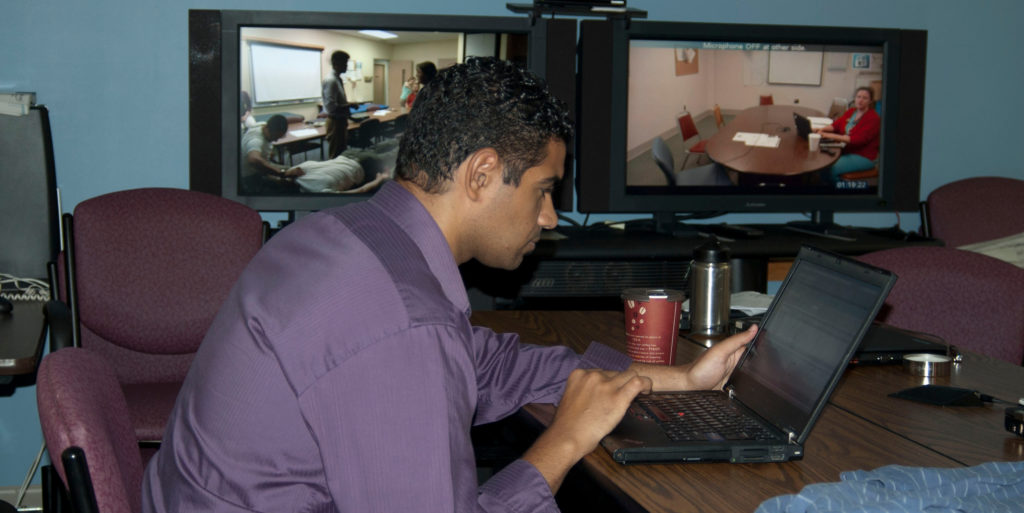The duration of our program is one year.
Yes, an accommodation can be made for an off-cycle start. Please discuss this with us.
We have approval for up to four ONMM residents in our program.
No.
Applications are considered on a first-come basis. We start accepting applications for interviews beginning in September and continue interviewing eligible candidates until our slots have filled, usually by early December. Offers are made on a rolling basis.
Emphasis in the program is placed on developing proficiency in independent practice, so the ability to be self-directed is important. Flexibility, good communication skills, willingness to learn, and the ability to incorporate feedback are also keys to success. A passion for osteopathy and post-doctoral development of osteopathic principles and practices allows a strong foundation from which to expand. Completion of a 40-hour basic cranial course prior to beginning the program is highly recommended and is required in order to take the AOBNMM exam.
Residents travel between clinical sites in Augusta and Portland. The distance between the inpatient and outpatient sites in Augusta is only 4 miles, and it is approximately 60 miles from Augusta to Portland. Trainees are also expected to attend gross anatomy lab and lecture led by Dr. Frank Willard in Biddeford one half-day each month. Elective rotations could potentially mean additional travel but current opportunities are located within a one-hour drive of Augusta. Mileage reimbursement for some travel is provided.
At this time we only require flu vaccination. If you think you might meet the criteria for a medical exemption, please discuss with our program director.
As in a lot of markets around the country, housing in Maine is in short supply, and affordability can vary depending on distance to Portland, the coast, or Maine’s lakes region. We recommend that incoming ONMM residents begin exploring housing options as soon as possible after appointment. Maine-Dartmouth Family Medicine Residency and our regional hospital system present a large community for networking, and incoming residents are encouraged to take advantage of this by contacting the ONMM Residency to discuss resources.
Life in Maine is truly unique – the pace is a bit slower and year round there are amazing outdoor opportunities. The greater Central Maine region is characterized by small towns that are nestled among peaceful hills, lakes and rivers. Some of these towns are historically known as “mill towns” but have found new life with reclamation of old mill buildings for new businesses. Many of the MDFMR community live right on or near water – coming home from work in the summer can give space for unwinding. Fishing, swimming, kayaking, biking and hiking as well as cross-country skiing and snow-shoeing can be daily activities depending on the season. Our location in the center of the state also makes it easy to spend a weekend hiking in stunning Acadia National Park or visiting Portland or Boston for a fix of city life. There are many nearby alpine and Nordic skiing opportunities within easy driving distance.
Though some of us are Maine natives who already know the secret of life here, we often find that those “from away” become hooked and find it hard to leave!
The winter experience can differ substantially between coastal, interior, and northern regions of the state and vary widely from year to year. Each winter guarantees occasional Nor’easters resulting in large snowfall totals and a string of sub-zero-temperature days, but snowfalls of less than 8 inches and temperatures in the single digits and teens are more common. Plows are abundant so roads are kept reasonably well-cleared but good snow tires make travel safer. Our longer winter season leads to an abundance of outdoor winter activities and sporting opportunities.
For the 2023-24 academic year, the salary is $72,443. ONMM residents are given five conference days for continuing medical education and provided with an educational conference stipend of $850; reimbursement up to $1000 is available for relocation/moving expenses when relocating for the ONMM residency. Residents receive 21 days of paid time off and 6 paid holidays. Travel costs are reimbursed at the rate of 0.625/mile.
The ONMM Residency at Maine-Dartmouth provides payment in full for:
- Full, permanent medical license in Maine
- Memberships to AOA and AAO
- Medical malpractice insurance
ONMM residents have the ability to participate in health insurance (there are 2 plans to choose from), dental insurance, vision insurance, and medical / daycare reimbursement accounts.
Time away to attend Convocation and all expenses associated with taking the in-service exam are provided.

